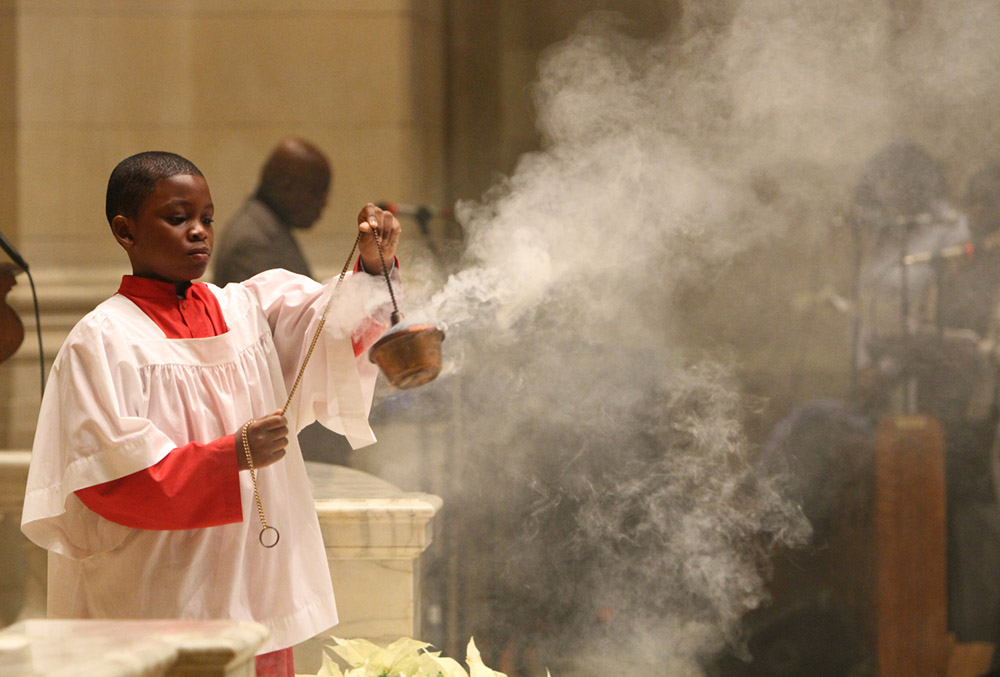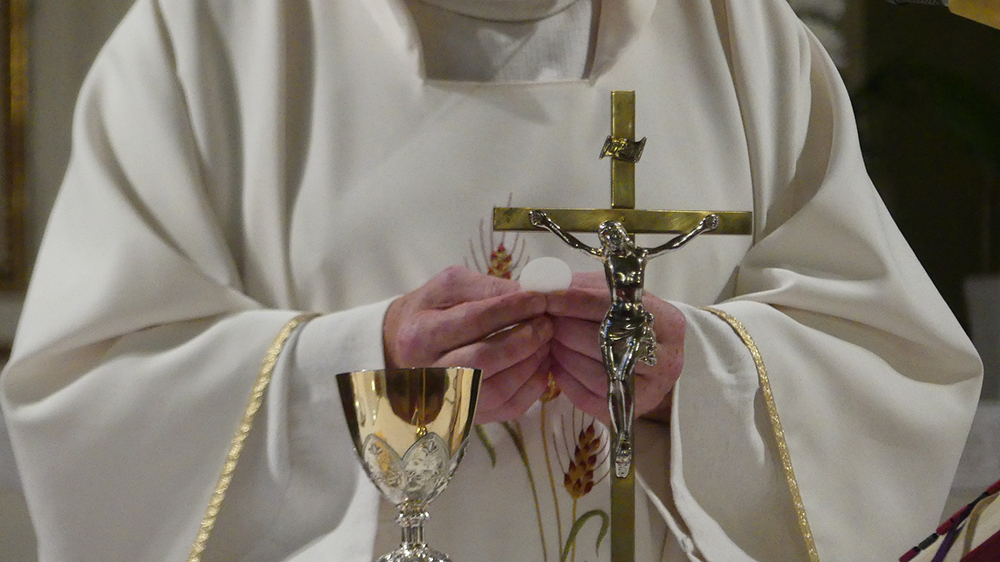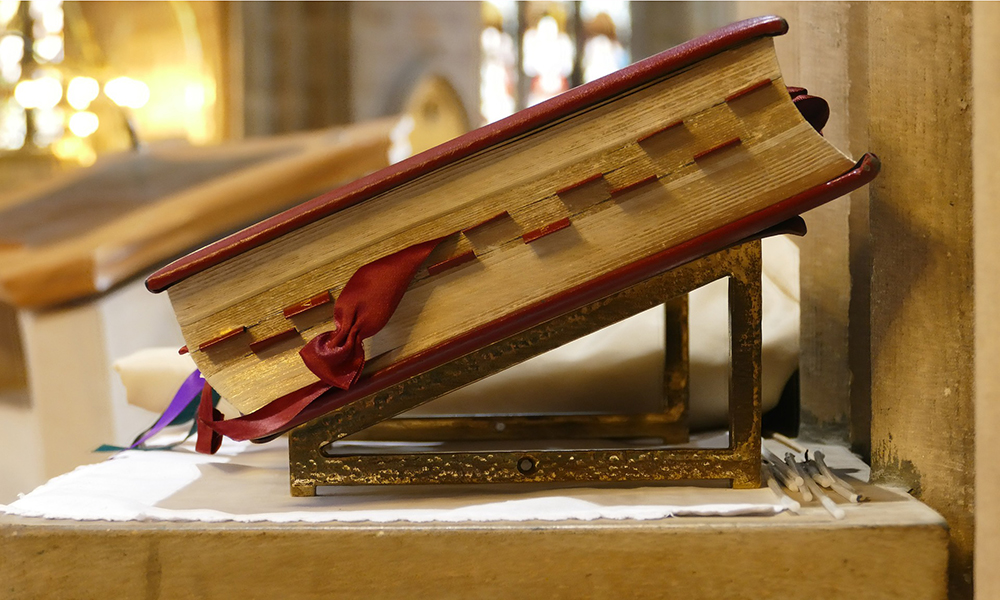In 1971, when the world’s bishops gathered for a universal meeting, they hoped they might separate priests’ sacramental ministry from any concern for clergy financial support. This proved a noble — but elusive — goal, for in many areas priests depend on freewill offerings as a major source of funds to supply their needs. To guarantee adequate care of priests the Church’s Code of Canon Law states that the bishops of an area will meet to “determine the offerings on … administration of the sacraments” (Canon 1264.2).
At the same time, the Church recognizes its obligation to the poor and wishes to avoid any hint that sacraments must be paid for. Thus its law also states, “The minister is to seek nothing for the administration of the sacraments beyond the offerings defined by the competent authority, always taking care that the needy are not deprived of the assistance of the sacraments because of poverty” (Canon 848).
This is stated explicitly with regard to funerals. Precautions are to be taken in funeral rites so that the poor are not deprived of the funeral rites which are their due” (see Canon 1181). Any Catholic has the right to request a Mass; ability to make an offering is inconsequential.







